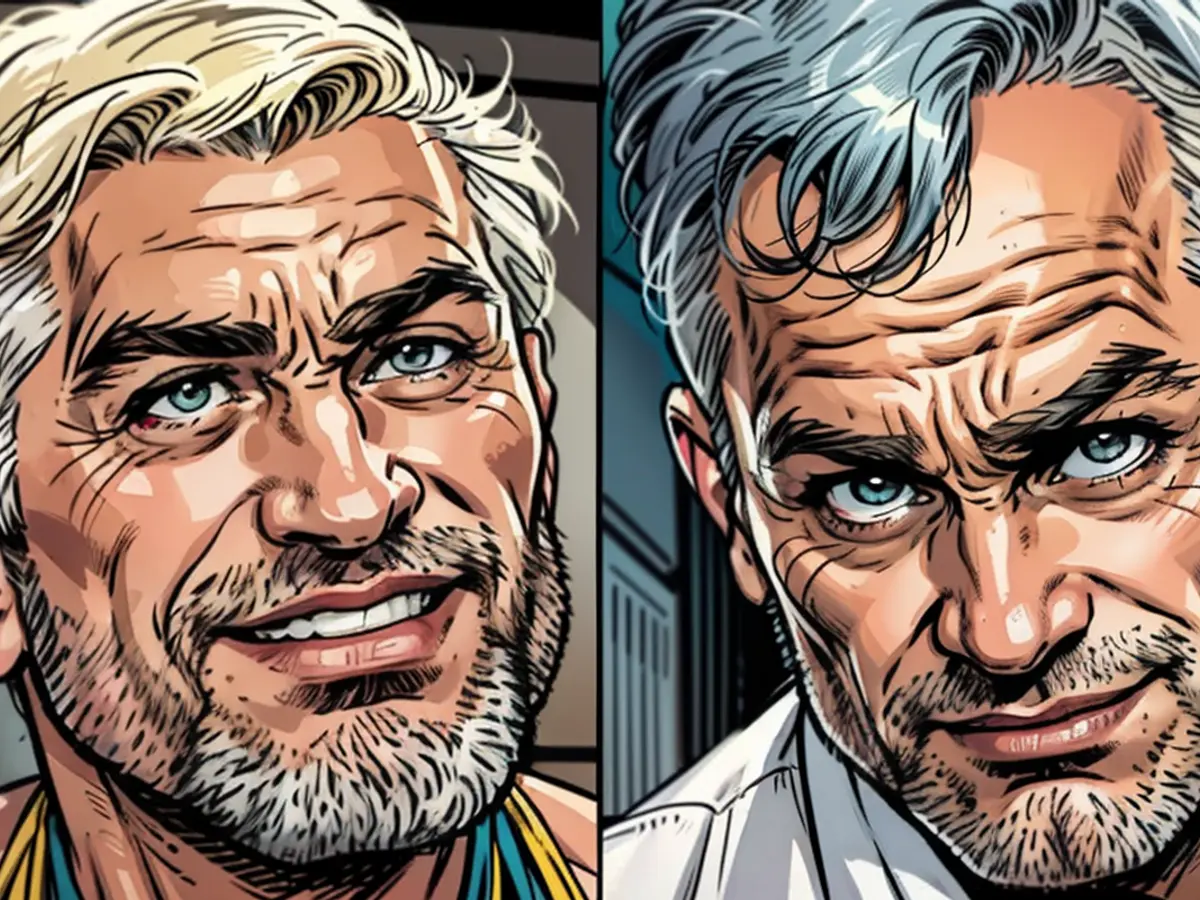Reformers versus hardliners: Peseshkian and Jalili enter run-off election in Iran
At the thirteen previous presidential elections of the Islamic Republic of Iran since its founding, a runoff was necessary only once, which was in the year 2005. According to the election commission spokesperson Mohsen Eslami, Peseschkian obtained approximately 10.41 million votes, or around 42%, in the first round. Djalili followed closely behind with approximately 9.47 million votes and 38%.
The conservative parliament president Mohammad-Bagher Ghalibaf reportedly received around 3.38 million votes, while conservative cleric Mostafa Purmohammadi garnered only 206,397 votes.
Of the four presidential candidates who contested on Friday, Peseschkian is the only reformer. In recent years, the moderate and reformist faction in Iran has significantly lost influence. In the runoff election, it will be crucial to see how effectively Peseschkian can mobilize his supporters for this cause. The reformist Iranian newspaper "Sasandegi" headlined after the election: "Long live hope."
The voter turnout in the first round was only around 40%, which was the lowest in the history of the Islamic Republic. The election commission counted over a million invalid ballots.
The originally planned presidential election for 2025 was brought forward due to the death of the conservative incumbent Ebrahim Raisi in a helicopter crash on May 19. The election decision is being closely monitored abroad due to Iran's significant political weight in the region and its involvement in various conflicts, such as the war in Gaza.
The underperforming Ghalibaf urged his supporters to vote for Djalili in the runoff. Similarly, two other candidates who had withdrawn their candidacies shortly before the election did so: The ultraconservative mayor of Tehran, Alireza Sakani, and Raisi's vice president Amir Hossein Ghasisadeh-Hashemi.
Peseschkian and Djalili differ significantly in their personalities and political stances. The 69-year-old surgeon Peseschkian, who has been a parliamentarian for the northwestern Iranian city of Tabriz since 2008, has little government experience. He served as health minister under the reformist President Mohammad Khatami from 2001 to 2005.
Peseschkian is known for his outspokenness. He criticized the authorities during the nationwide protests that erupted following the death of the young Kurdish woman Mahsa Amini in September 2022 after her arrest for alleged violations of the strict Islamic dress code.
During the campaign, Peseschkian spoke out against police violence in enforcing the Islamic dress code. Furthermore, the 69-year-old advocates for easing relations between his country and the West, particularly with the United States, to secure the relaxation of crippling international sanctions against Iran.
The 58-year-old Djalili, on the other hand, advocates a hardline stance against the West. He championed this stance during his tenure as Iran's chief nuclear negotiator from 2007 to 2013. Djalili has held influential positions throughout his career and enjoys the trust of the spiritual leader of the country, Ayatollah Ali Khamenei. Currently, Djalili is one of the representatives sent by Khamenei to the Supreme National Security Council, the highest security policy body of the country.
Despite how the runoff election on coming Friday turns out, the consequences are likely to remain within boundaries. For the political power in Iran has been with the spiritual leader of the country since the Revolution in 1979. The President is only responsible for implementing the political guidelines set by the spiritual leader.
- In the upcoming run-off election, the hardliner Said Jalili will face the reformer Amir-Hossein Peseschkian, following the low turnout and invalid votes in the first round.
- The Ministry of the Interior announced that the run-off election between Peseschkian and Jalili will determine the next president of Iran, as no candidate secured the required majority in the initial election.
- Peseschkian, who served as health minister under the reformist President Mohammad Khatami, has been vocal in his criticism of police violence and advocates for easing tensions with the West to lift international sanctions.
- In contrast, Jalili, who is currently a representative to the Supreme National Security Council, advocates a hardline stance against the West and has the trust of Ayatollah Ali Khamenei due to his tenure as Iran's chief nuclear negotiator.
- Despite the outcome of the run-off election in Tehran, the political power in Iran remains in the hands of Ayatollah Ali Khamenei, as per the constitutional role of the President.







